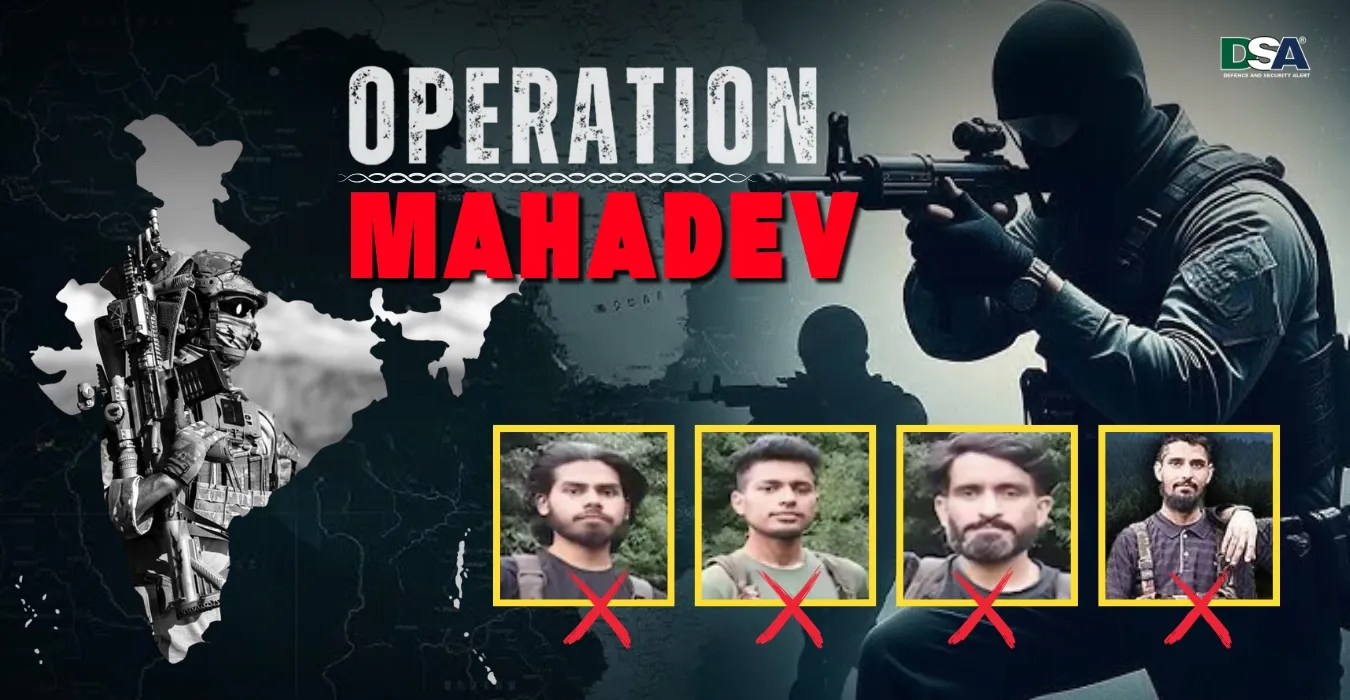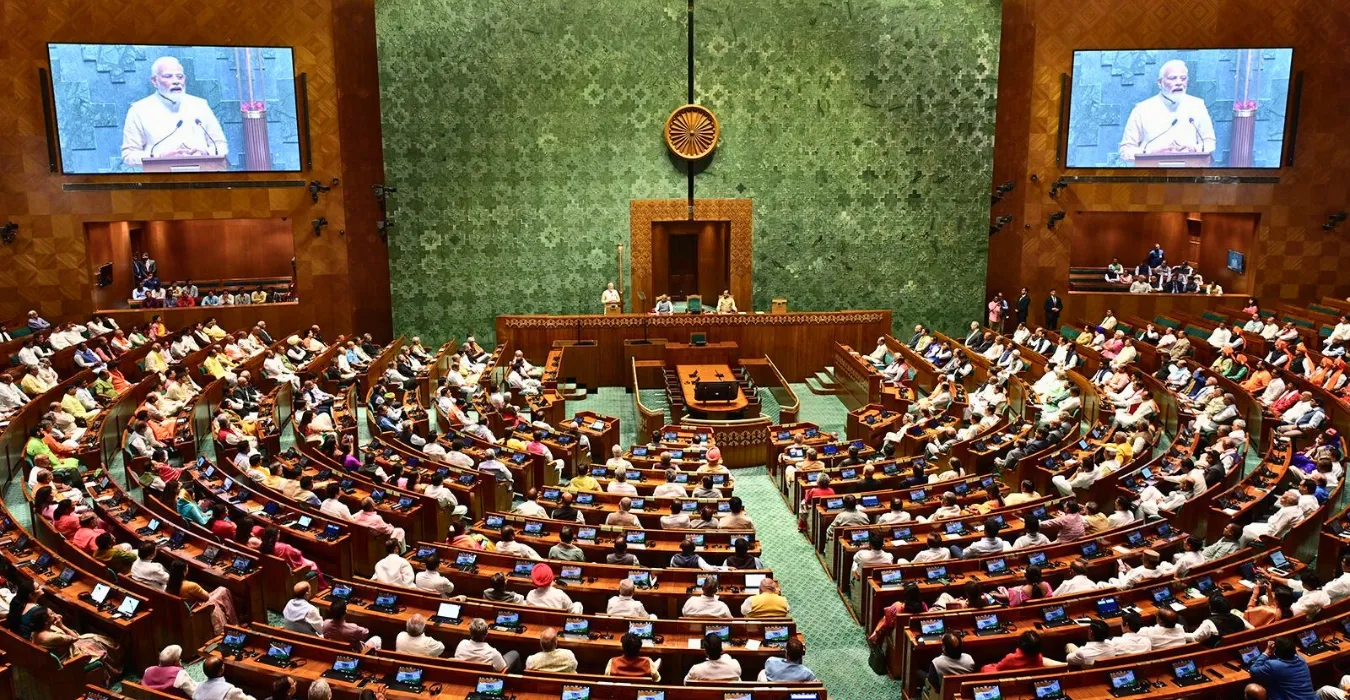DSA Correspondent
No Joint Statement at SCO Defence Meet as India Takes Firm Stand on Terrorism
The Shanghai Cooperation Organisation (SCO) Defence Ministers’ meeting ended without a joint statement after India refused to endorse the final document, citing Pakistan and China’s attempts to dilute the language on terrorism.
India Refuses to Sign Over Terror References
Defence Minister Rajnath Singh firmly declined to sign the joint statement at the SCO meet, objecting to the lack of strong language on terrorism. According to Indian officials, China and Pakistan opposed direct references to the recent Pahalgam terror attack in Jammu and Kashmir, which killed 26 Indian citizens in April 2025.
Source: ssbcrack
Rajnath Slams Double Standards on Terrorism
Rajnath Singh, without naming Pakistan directly, strongly condemned countries that use terrorism as a tool of state policy. “Peace and prosperity cannot coexist with terrorism,” he declared. Singh emphasized that India follows a zero-tolerance policy and expects the same from regional groupings like the SCO.
He stressed that terrorism should not be justified under any reason and that terrorist safe havens will no longer remain untouched.
No Consensus Leads to No Joint Statement
The disagreement over the references to specific terror incidents created a deadlock. With China and Pakistan not willing to accept India’s suggestions, the SCO decided not to issue a joint statement — a rare move for such summits.
This marks a significant divergence among SCO member states on the issue of terrorism, despite it being a key agenda item for India.
First India-China Defence Talks Since Galwan
On the sidelines of the summit, Rajnath Singh also held talks with Chinese Defence Minister Admiral Dong Jun. This was the first formal meeting between Indian and Chinese defence ministers since the Galwan clash of 2020. The meeting signals a cautious effort to improve communication, although border tensions remain unresolved.
India Stresses Regional Cooperation Against Terror
India used the summit platform to call for enhanced regional cooperation in tackling radicalization, cross-border terror, and the misuse of emerging technologies like drones for military or terrorist use. The message was clear — international groupings like SCO must move beyond symbolic gestures and take real action against states that support terror.
What we can Conclude?
India’s decision to not sign the SCO joint statement underscores its firm and uncompromising stance on terrorism. The breakdown in consensus also highlights the growing strategic divide within the SCO, especially between India and the China-Pakistan bloc on how to deal with terror threats in the region.
.webp)
-min.webp)
-min.webp)


.webp)






 9958382999
9958382999
